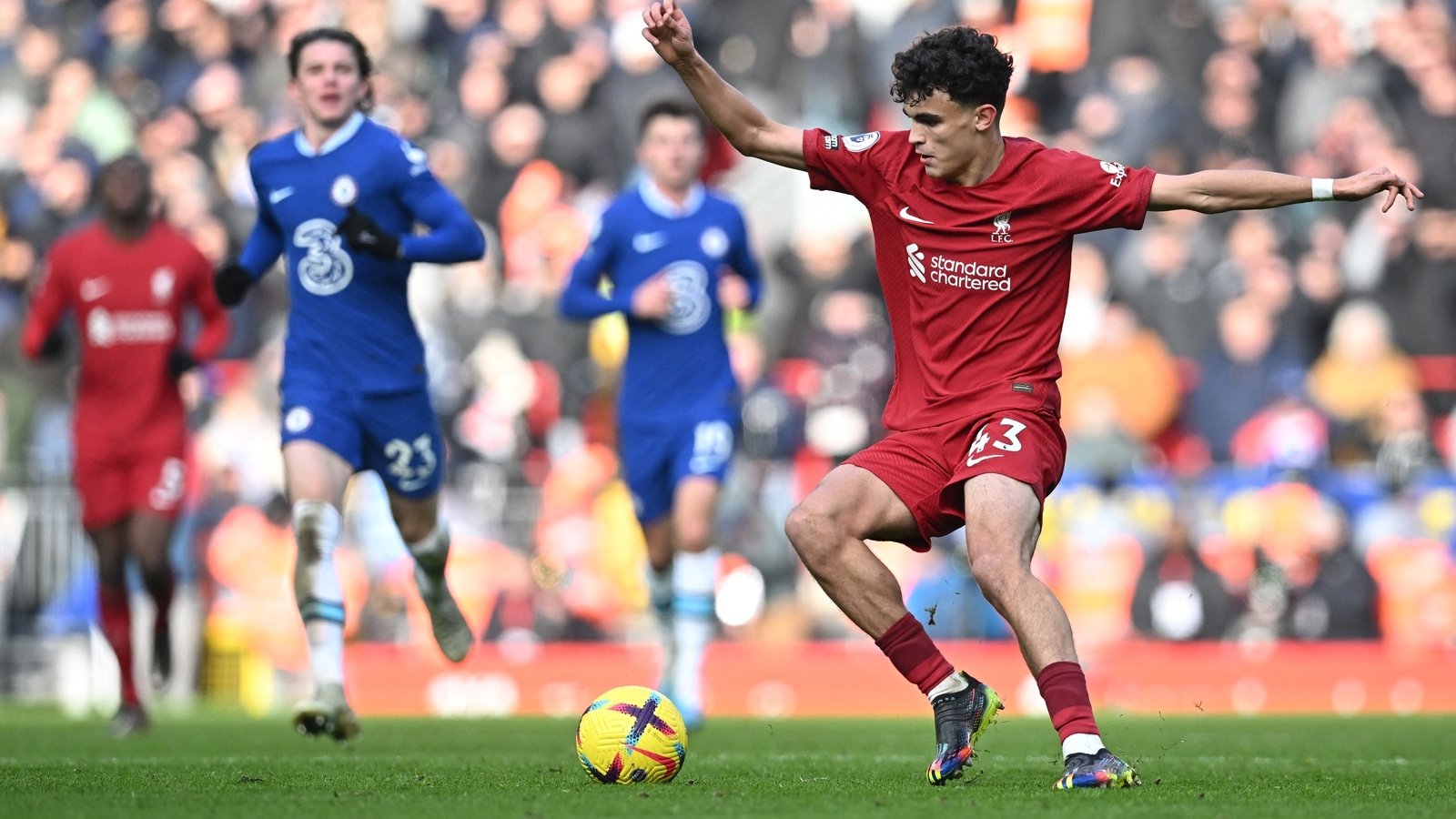Stefan Bajcetic is currently seen as best suited to the role of a No. 8 midfielder for Liverpool, but his position may evolve over time as he continues to develop and adapt to the demands of the team.

Amidst Liverpool’s shortage of defensive midfielders, there’s been a growing interest in Stefan Bajcetic’s potential to take on that role. But is that truly his optimal position?
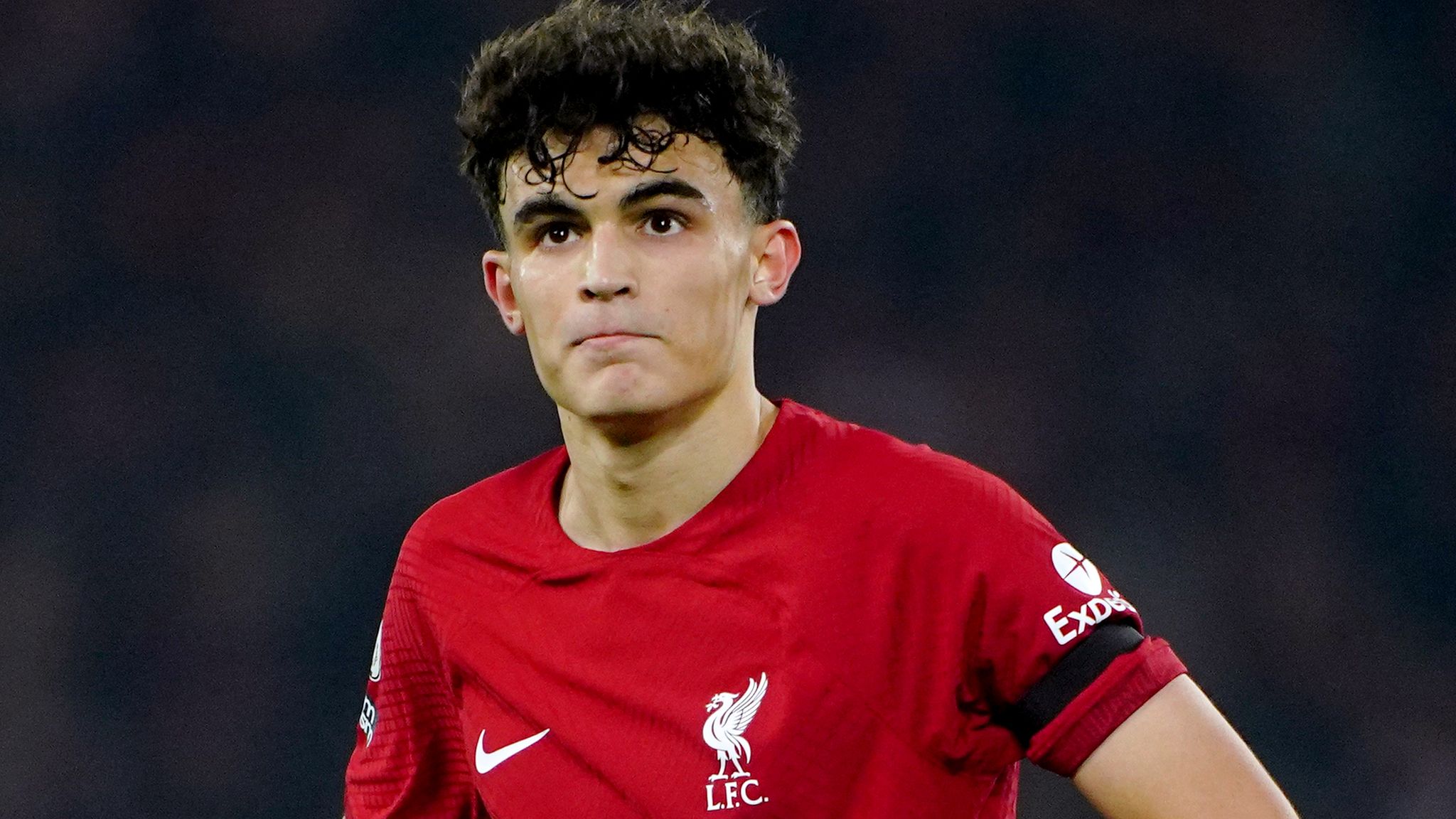
The emergence of this young Spaniard into Liverpool’s first team last season was somewhat unexpected. While he had steadily progressed through Liverpool’s academy since his arrival from Celta Vigo’s youth team in 2021, his rapid promotion to Jurgen Klopp’s starting XI caught even those who were familiar with Bajcetic off guard.
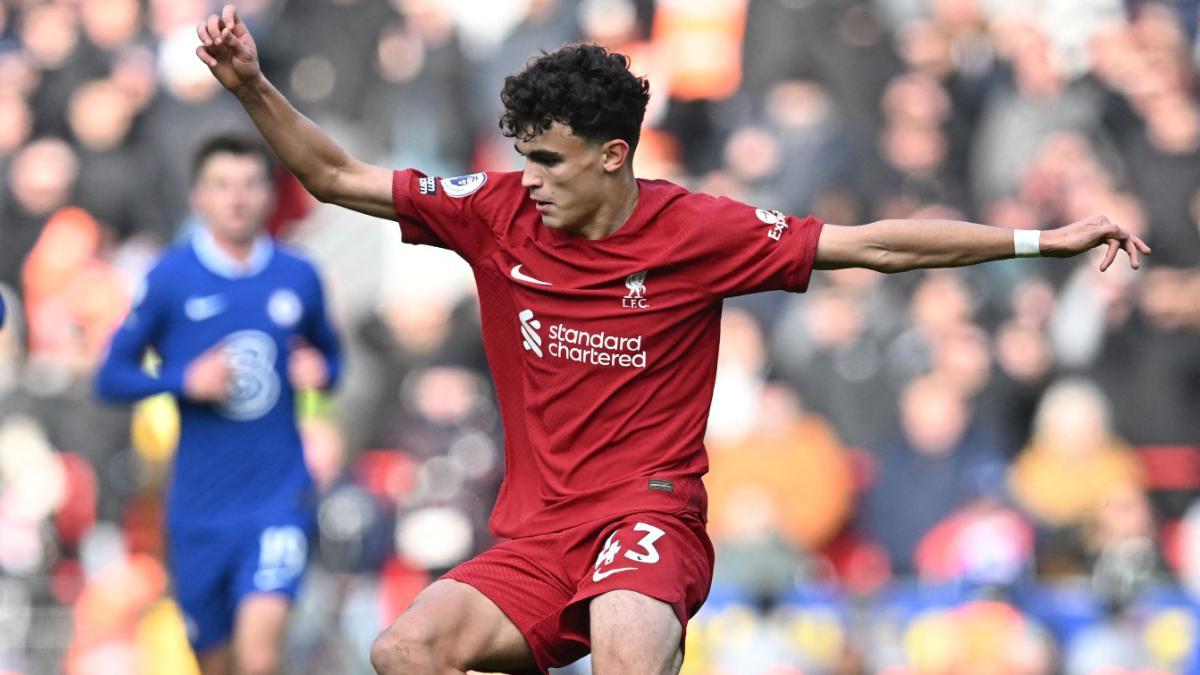
His technical prowess had always been evident, but what really surprised observers was his aptitude for tackling when playing for the first team. His exceptional awareness, combined with his tenacity in tackling, made him a go-to midfielder for Klopp as senior players faced declines in form.
Unfortunately, Bajcetic’s season was cut short in March due to an adductor injury. Initially described by Klopp as “absolutely bad,” the recovery period turned out to be less severe than feared. Now, he’s gradually reintegrating into the team, appearing as an unused substitute against Bournemouth and then omitted from the squad against Newcastle.
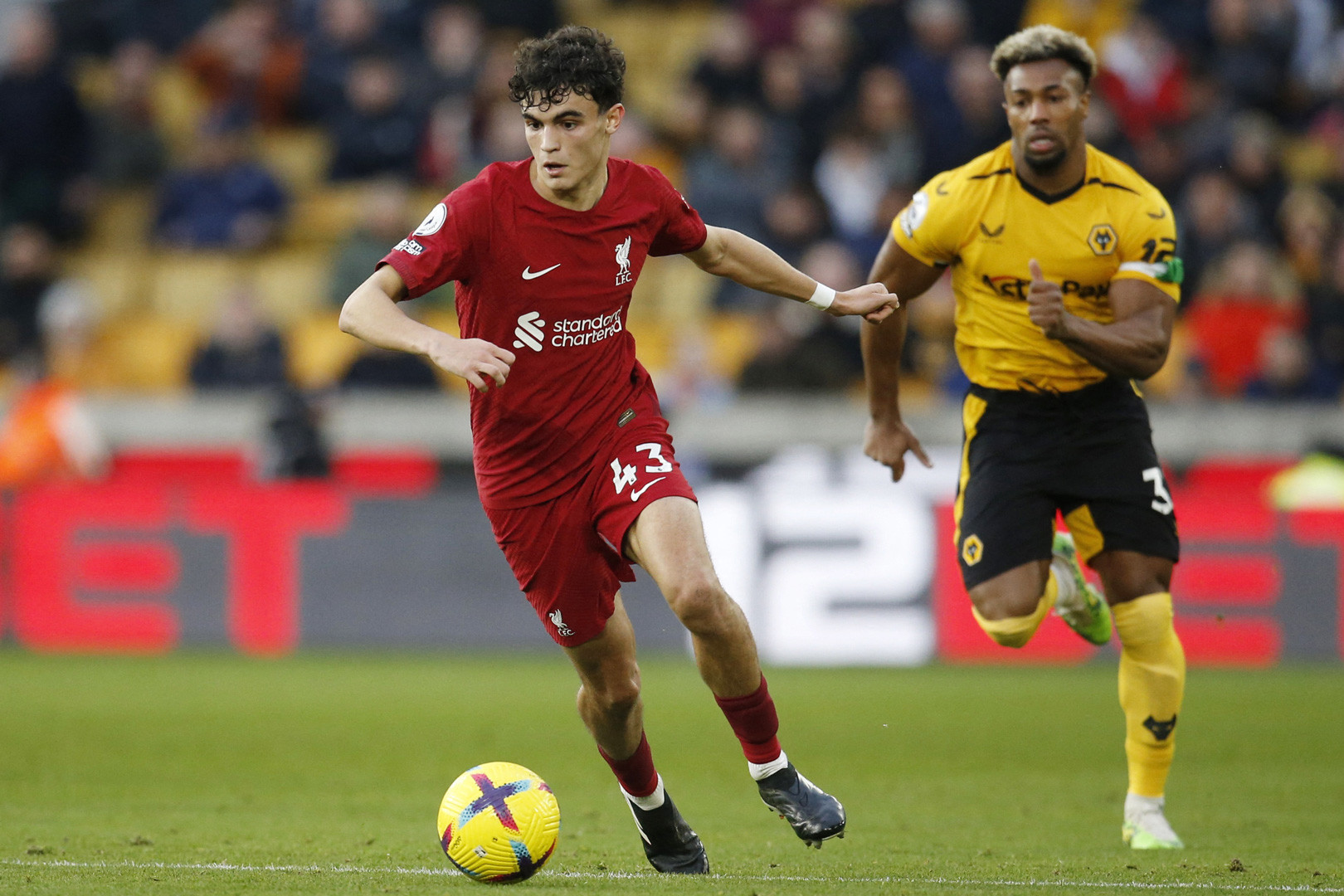
In this new environment, marked by the signings of Alexis Mac Allister and Dominik Szoboszlai and Curtis Jones’ resurgence at the end of the previous season, competition for a midfield spot is fierce. Nevertheless, Klopp has consistently emphasized that Bajcetic remains in his plans.
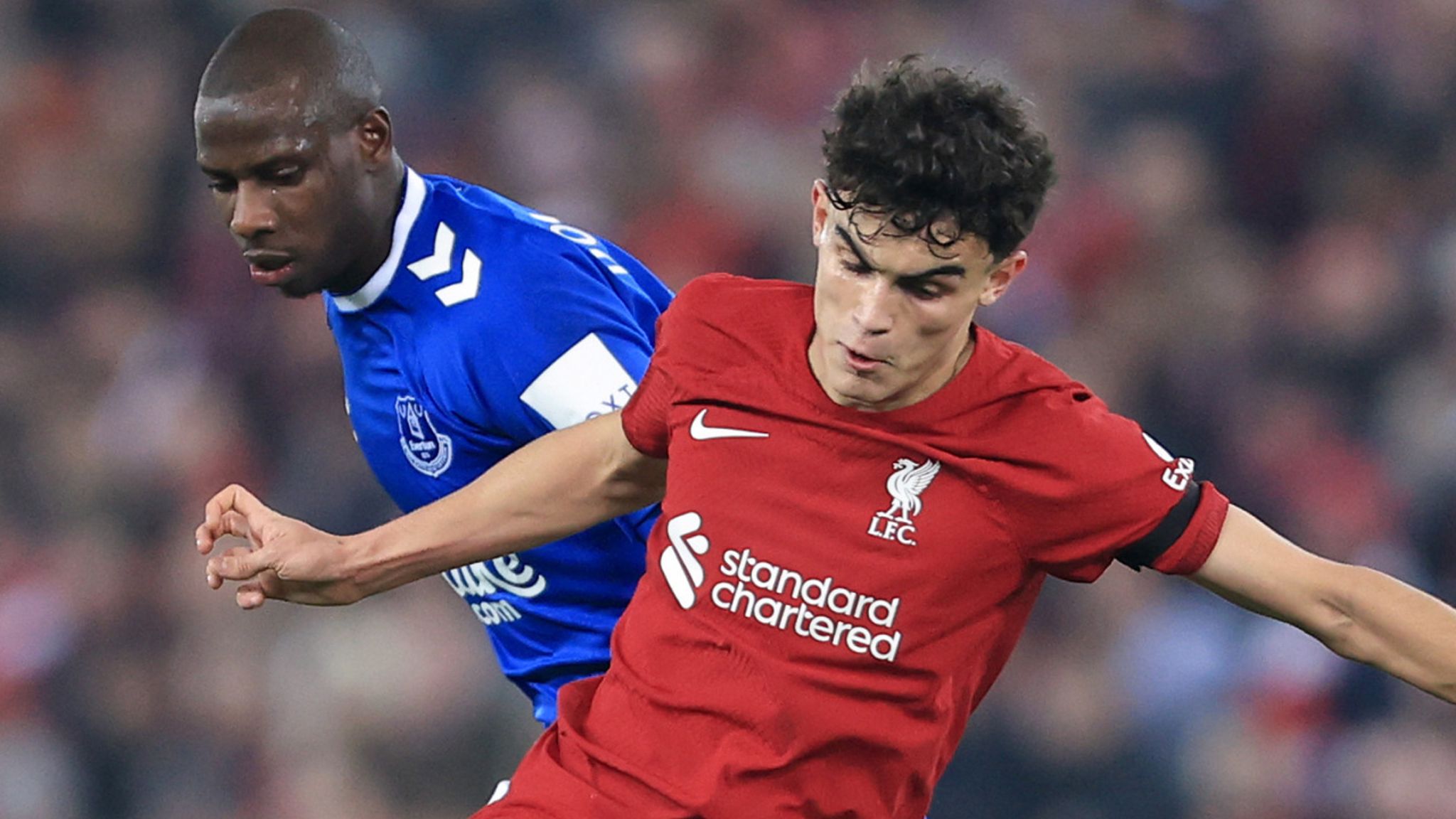
At present, the most apparent position for him to occupy is the No. 6 role. The arrival of Wataru Endo has alleviated concerns about this position, but at 30 years old, Endo is viewed by most as a temporary solution until a long-term successor to Fabinho is found. Many believe that this successor could already be within the club, embodied by Bajcetic, but there are reasons to consider that the Spaniard might be better suited to a box-to-box role than as a pure defensive midfielder.
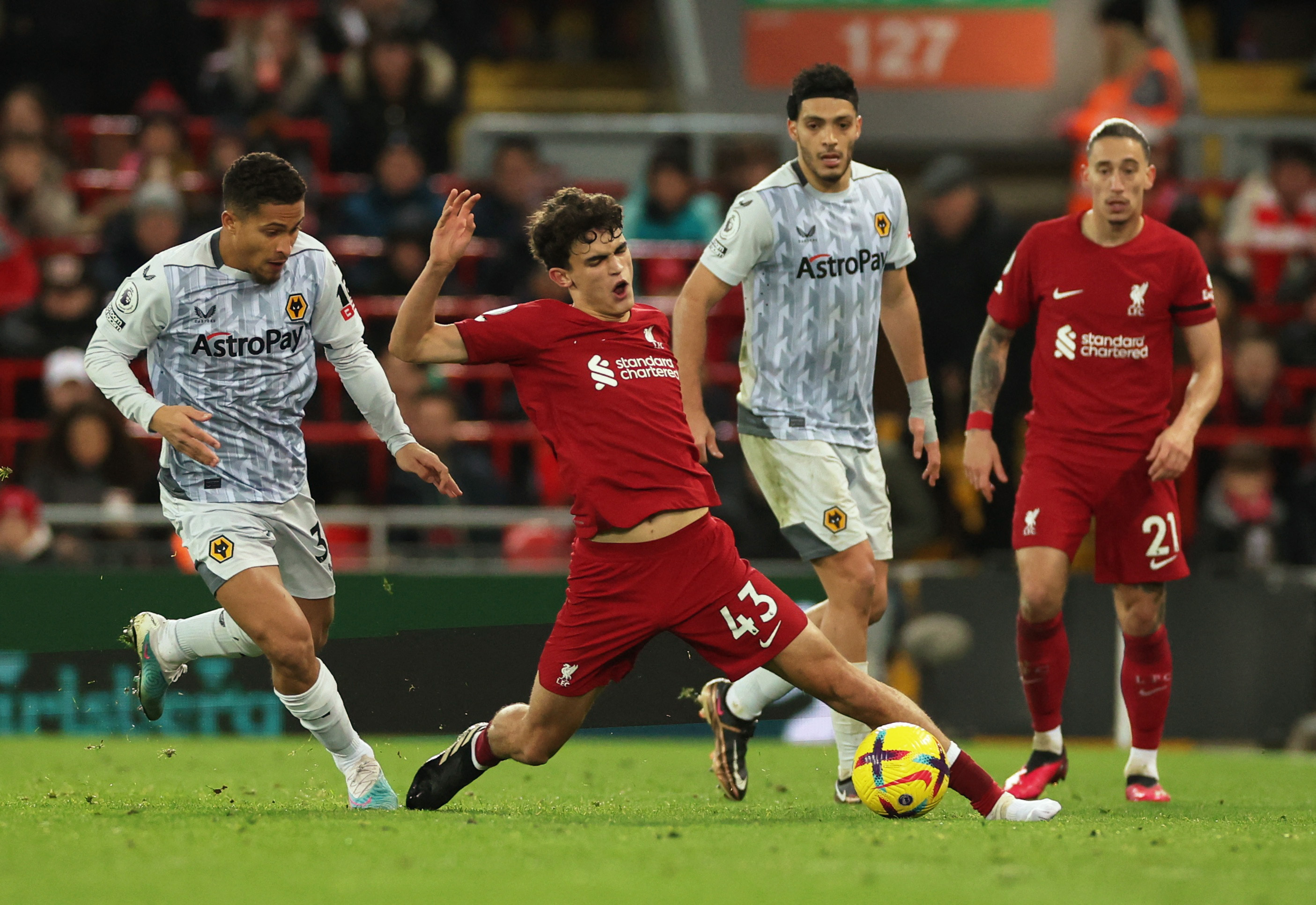
Klopp initially deployed the youngster as a defensive midfielder, but it quickly became evident that Bajcetic performed better when in a slightly more advanced position. His incisive passing provided a significant boost to Liverpool’s front line after Christmas, and a goal at Villa Park on Boxing Day showcased his composure in the opposition’s penalty area.
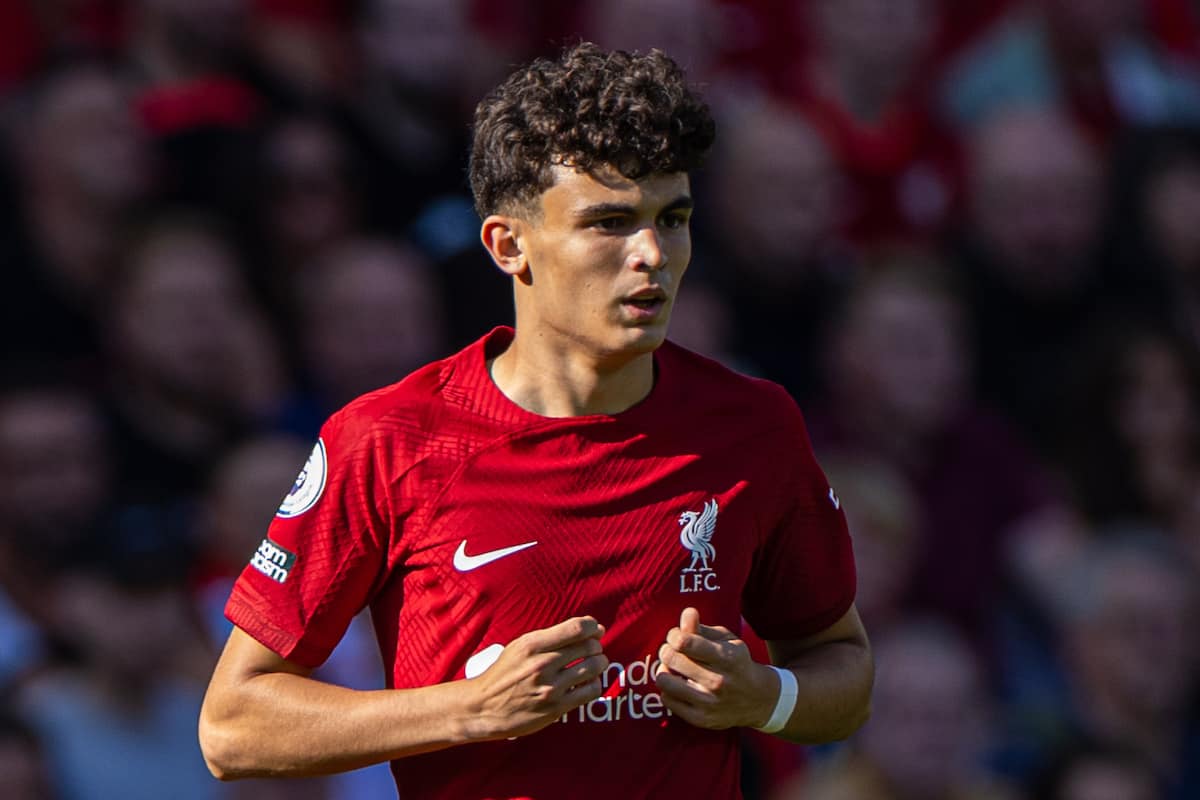
Off the ball, the 18-year-old displayed energy and quickness in closing down opponents – a prerequisite to play under Klopp. However, statistical analysis hinted that he may not be on par with the league’s elite defensive midfielders. Last season, albeit from a smaller sample size, Bajcetic averaged 1.03 tackles per 90 minutes, while players like Fabinho, Rodri, and Casemiro managed 1.28, 1.27, and 1.94 tackles per game, respectively.
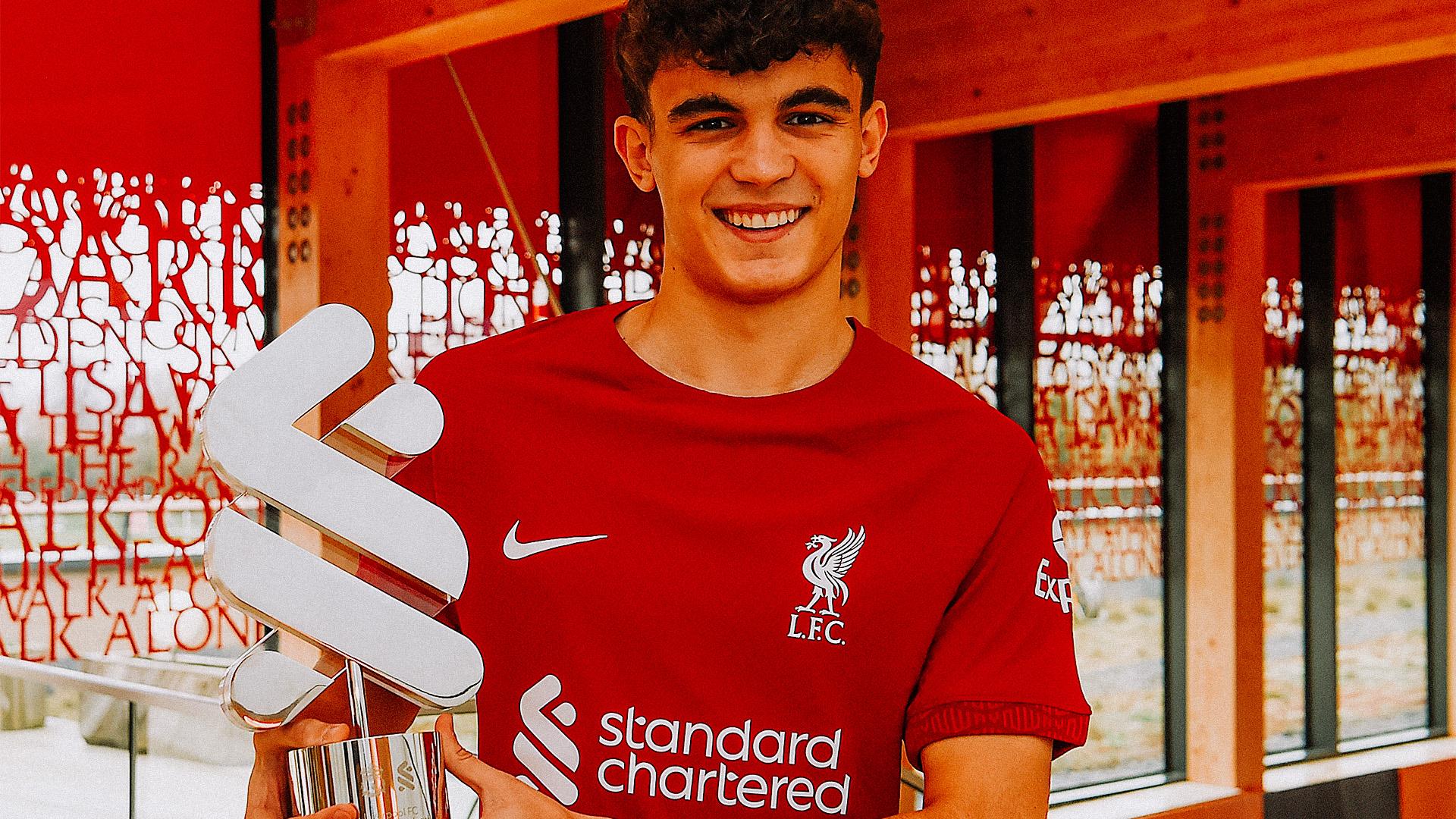
Where Bajcetic truly excelled was in delivering passes into the penalty area, with 1.21 per 90, outperforming others in this regard. His greatest asset arguably lies in his vision and awareness. With exceptional ball control, he possessed the ability, akin to renowned Spaniards like Xabi Alonso, Andres Iniesta, and Xavi, to manipulate opponents with clever body positioning.

While being a modern defensive midfielder demands this skill, Bajcetic offered more. At times, it felt like he was restrained when playing as a holding midfielder. Mastering the defensive midfield role requires time and experience, as exemplified in his encounter with Luka Modric during a home game against Real Madrid last season.

Perhaps, with time, Bajcetic will fully adapt to the holding midfield role. For now, though, his remarkable ability to utilize the ball from various angles makes him a more suitable No. 8 than a No. 6. That’s my perspective, at least.
